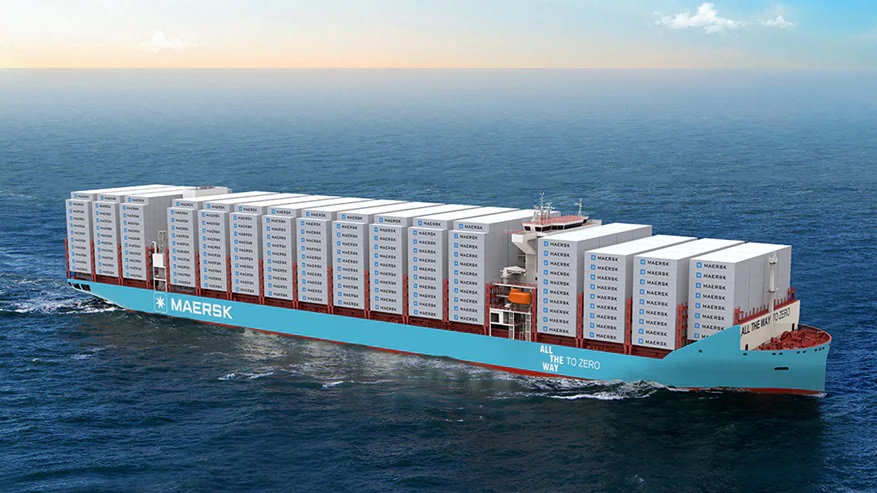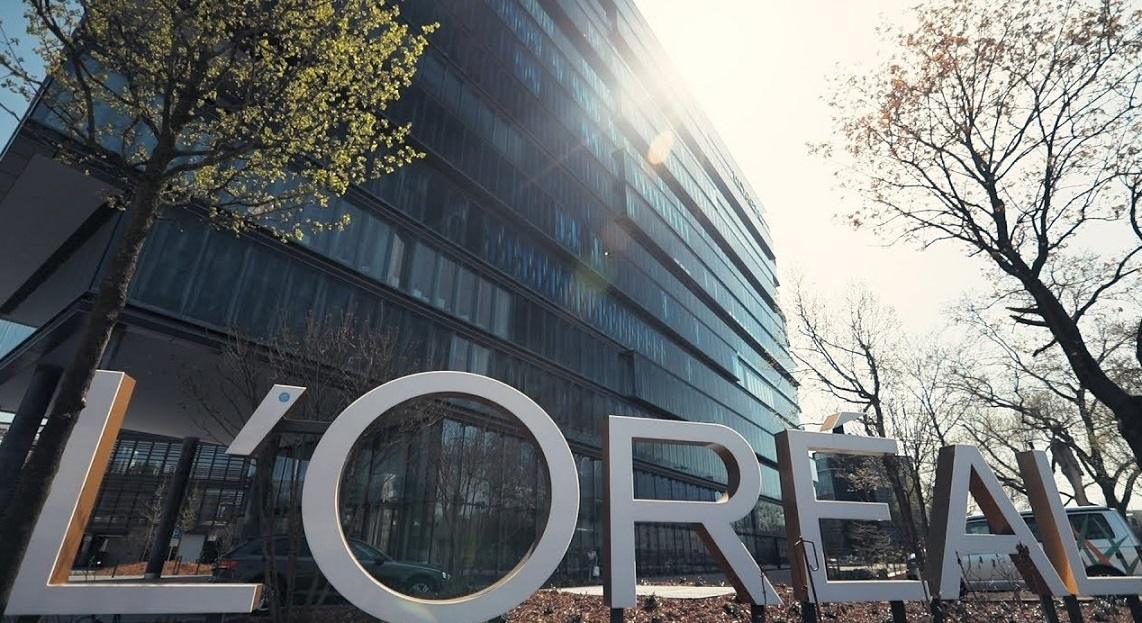Maersk Orders New Green Methanol-Powered Ships
Integrated container logistics company A.P. Moller – Maersk announced today a new order for six mid-sized container vessels capable of operating on green methanol, marking a further expansion of its low carbon fleet.
The new dual-fuel ships, to be built by Yangzijiang Shipbuilding Group, will have capacity of 9,000 containers, and are expected to be delivered in 2026 and 2027. The ships replace existing capacity in Maersk’s current fleet, with the company estimating net greenhouse gas emissions reductions of 450,000 tons CO2e per year when operating on green methanol.
Rabab Boulos, Chief Infrastructure Officer at Maersk, said:
“For these six container vessels, we have chosen a design and vessel size which make them very flexible from a deployment point of view. This will allow these vessels to fill many functions in both our current and our future network, thereby offering the flexibility our customers demand. Once phased in, they will replace existing capacity in our fleet.”
The announcement marks the latest in a series of green fuel capable vessels by Maersk, beginning with its order in 2021 for the world’s first carbon-neutral methanol fueled container ship. With the new announcement, Maersk now has 25 methanol-enabled vessels on order. Earlier this month, the company announced plans for the industry’s first-ever retrofit to convert an existing fossil fuel-powered container vessel to dual-fuel methanol-powered vessel, with plans to retrofit future vessels.
Maersk announced a series of carbon reduction targets, including goals to achieve net zero gas emissions in 2040 across its entire businesses and all scopes, as well as a 50% reduction in emissions per transported container in its ocean fleet, and a 70% reduction in absolute emissions from fully controlled terminals by 2030.
Boulos added:
“With this order, we take another step in the green transformation of our fleet and towards our target of becoming net-zero in 2040. As with all our other vessel orders for the last two years, these ships will be able to run on green methanol.”





